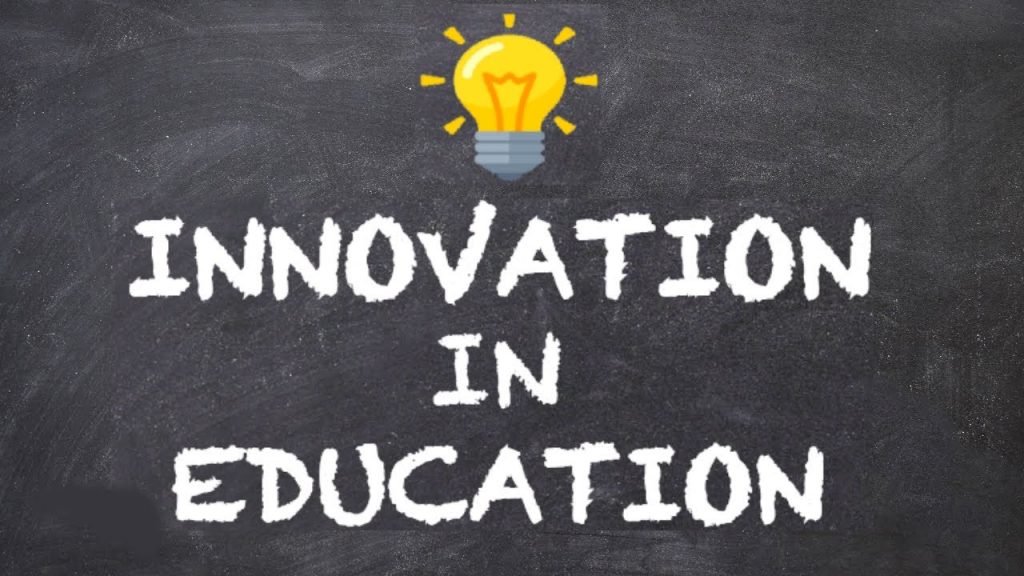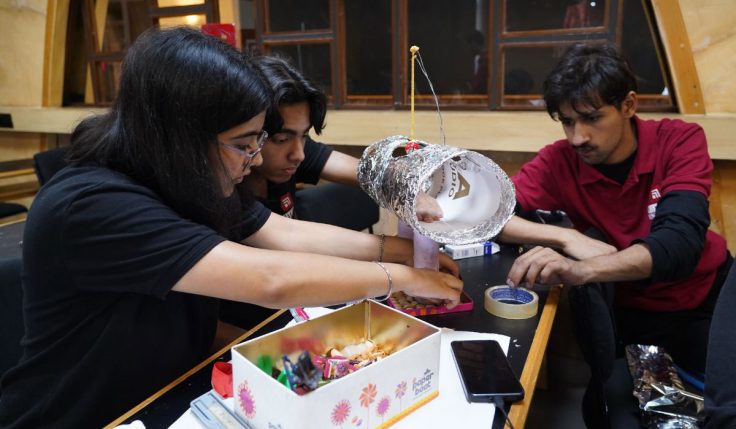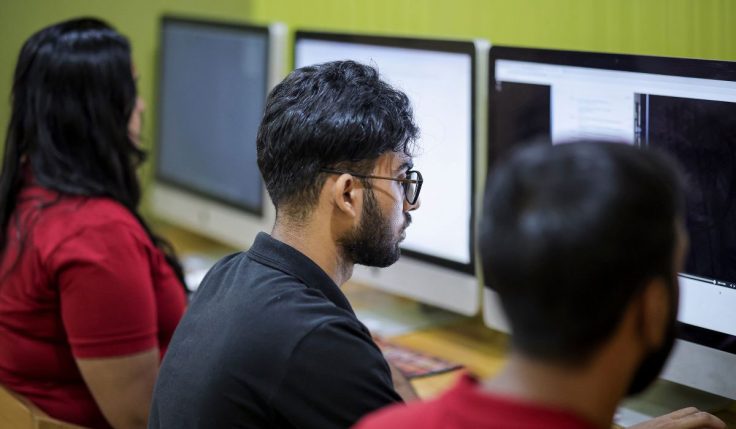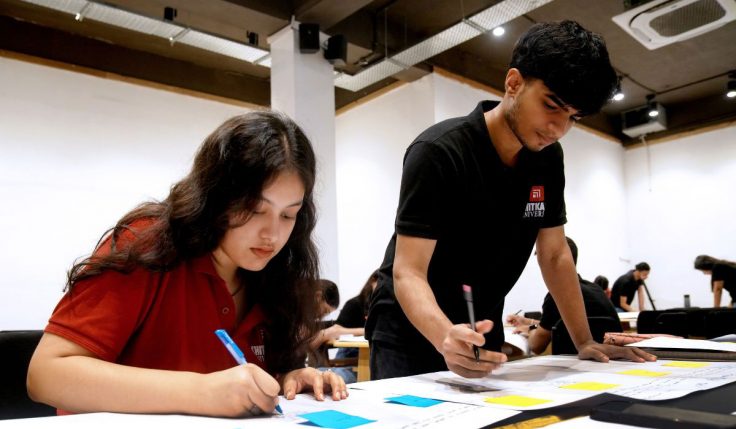We are facing a new world reality. The COVID-19 pandemic has changed the world in unprecedented ways. There is widespread agreement among economists all over the world that this pandemic will have a long-lasting impact on the global economy. Worldwide economists, politicians, and businesses are working in unison to curtail the impact of the pandemic and recover from its aftermaths.
Innovation in Education-Introduction
Most importantly, it has significantly reshaped our worldview. There are new challenges that are emerging and new opportunities that are being created simultaneously. One of the biggest changes that will shape the future of our generations is happening in the education domain as we speak. In March 2020 when the nationwide lockdown was announced, all schools and colleges were shut across India. All educational institutes were grappling with defining new ways to impart education. Suddenly online became the only possible mechanism to impart knowledge to the students.
Faculty and students started transitioning to online mode. While many students and faculty members welcomed the move to online delivery there were mammoth issues that were still unresolved e.g conducting assessments, ensuring availability of adequate tech infrastructure, providing for international students until travel restrictions got lifted, taking proactive measures to support mental well-being. Till now digital media was an option for the education ecosystem but it isn’t anymore. But is digital only for short-term crisis management or has its role become more pertinent? Most people would agree that digital could be a great way forward to evolve our education system. Online education in India has witnessed enhanced acceptance in the last one year and it is on its way to re-shaping the education industry. If one analyzes the pros and cons of digitized education that allowed us to cater to the needs of our students during the pandemic, pros were – accessibility of time and place, availability of a variety of resources, self-paced learning. There were several disadvantages too like technological glitches, teacher training, required content re-vamp, & sense of isolation. While there are challenges when you consider online as a stand-alone medium but when you combine it with offline medium to create a holistic omni channel view, the pros outweigh the cons with this hybrid model being the powerhouse that can transform education.
Transformation of Education
Various government initiatives like e-BASTA, SWAYAM, Digital India have been paving way for this transformation. Recently published National education policy 2020 (NEP 2020) which was revamped after 30 years talks about technology-based quality education alternatives like apps, TV channels, online books, digital libraries to make education accessible to a wide audience. The topline is clear, NEP 2020 aims to make India a global knowledge superpower.
To achieve this mission, there is thought leadership required by multi-disciplinary universities. To make our education future ready we need to design a hybrid academic structure where we should have a more inclusive approach towards digitization. This means both aspects of academic design i.e. content and delivery models should have an integrated omni-channel approach.

To develop this type of content approach an omni-channel design framework needs to be created with the following three elements as must-haves. One, active engagement & collaboration. Benjamin Franklin once said, “Tell me and I forget, Teach me and I remember, Involve me and I learn.” For active engagement in both online and offline classroom environment, there needs to be an interactive mechanism for students and teachers to continuously build and develop each-others thoughts and ideas and manifest into complete narratives. Content design should allow and encourage collaboration among students. Second, online-offline content synergies should be created. E-Resources should complement classroom learning and vice-versa. Third, project-based learning to enable practice. For an omni-channel content framework, project-based learning would ensure that the students have a more hands-on approach to tackling challenges when they step in the real world.
Knowledge Delivery in Education
Knowledge delivery is as important as content design and hence it is important to consider the required learning management systems to impart knowledge to students and to access their capability. While different ed-tech startups have surfaced, we are still scratching the surface when it comes to learning management systems. While current systems are designed more for building student knowledge by serving more as an e-repository of concepts, LMS 2.0 should allow for more collaborative learning strategies. An active learning system that evolves with the evolution of the person’s capability is needed to truly allow for one medium complementing the other.
To make this happen significant investments will be required by the institutes to enable the technological infrastructure and readiness of academicians, content ideation and curation will be needed in a more open source format where different institutes collaborate beyond their four walls, active collaboration with industry will be required to up the ante on practical applicability and advanced cloud-based learning systems will be required which allow physical barriers to be invisible when it comes to learning.
Innovation with Online Education
In a nutshell online education can’t be thought of as an aid to conventional schooling but a significant component of formal education. A hybrid model is the need of the hour as online only, offline only, or offline supported by online are not the debates we should be having now for the evolution of Indian education system. We should focus our efforts on developing an omni-channel educational framework based on key principles of collaboration, practical project-based learning & applicability, integrated offline-online learning environment. Creating an omni channel education ecosystem can revamp our education system and make the vison of evolving India into a knowledge superpower a reality.
You can check out our most innovative education program/courses below:






